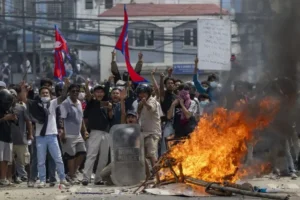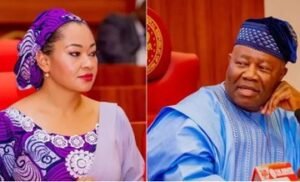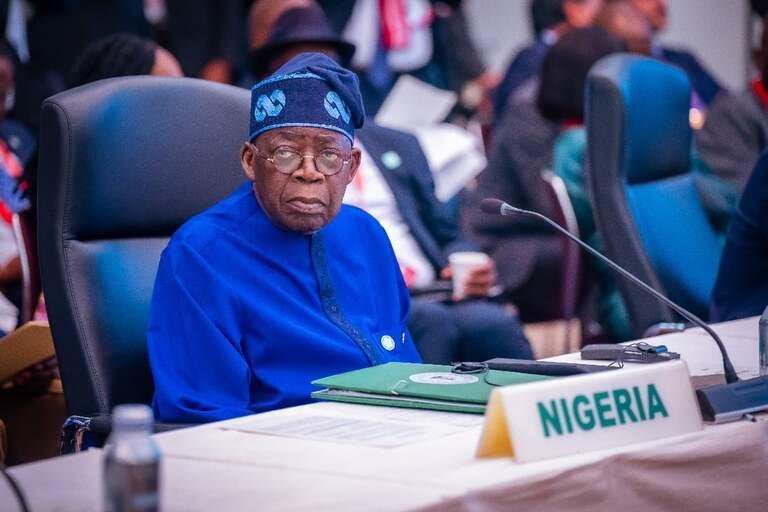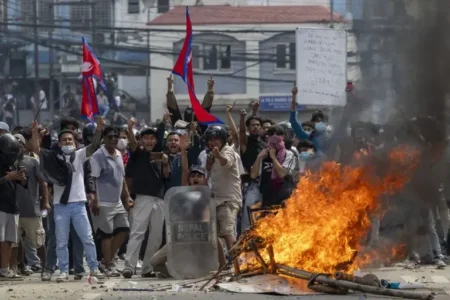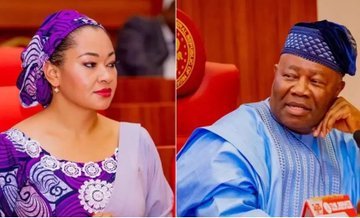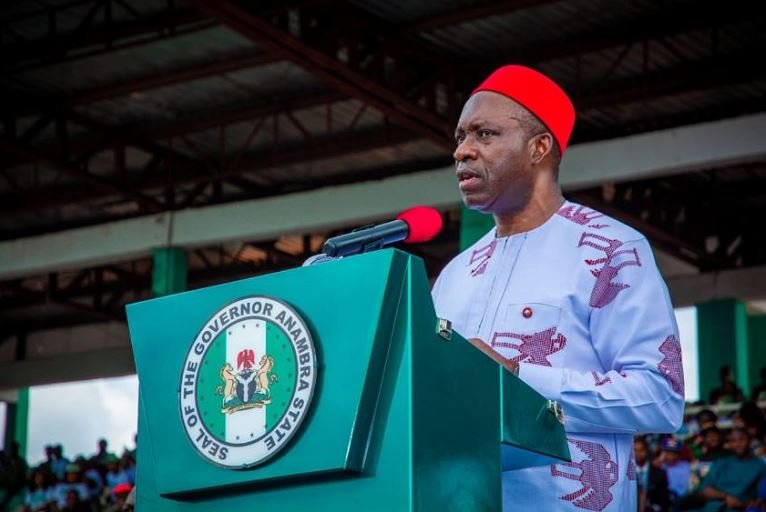The Department of State Services (DSS) has moved to silence activist Omoyele Sowore by asking X (formerly Twitter) to deactivate his account. The request has been rejected, but the clash has sparked a wider storm over censorship, security agencies, and free speech in Nigeria.
“Again, the DSS Joins the Fray After Police Failure”
Omoyele Sowore, activist and publisher of Sahara Reporters, said he was not surprised to discover that the DSS had written to X demanding his verified account be deactivated within 24 hours.
He described the move as a continuation of harassment after earlier police attempts to silence him failed.
“This latest self-disgrace by the DSS is a desecration of national dignity,” Sowore said.
He accused the Tinubu government of weaponizing the police, Immigration, and the judiciary against him citing a no-entry list, the seizure of his passport, violent arrests, and fabricated terrorism charges.
“Who are these so-called Tinubu supporters if not the DSS, the police, and other conscienceless security agencies?” he asked.

Sowore likened the ordeal to his clashes with the DSS under Buhari, insisting: “Like before, these tactics will fall flat.”
X Confirms DSS Request, Refuses Immediate Action
On Sunday morning, X confirmed in a notice to Sowore that it had received a legal request from the DSS to remove his content, but clarified that it had “not taken any action on the reported content at this time.”

X stated: “As X strongly believes in defending and respecting the voice of our users, it is our policy to notify users if we receive a legal request from an authorized entity to remove content.”
The company pointed Sowore to its transparency reports and legal FAQs, stressing that users are always informed of government takedown demands, regardless of their country of residence.
Sowore’s immediate response was defiance: “One option I will NOT be taking is deleting that Tweet.”
“Exporting National Disgrace to Twitter”
Doubling down, Sowore accused the DSS of taking Nigeria’s “lawlessness” to the United States, where X is headquartered.

“The lawless DSS wrote to X demanding my account be deactivated simply for criticizing Tinubu and his corrupt, non-performing governors. Now they’ve exported their disgrace to the US. But like under the Buhari regime, these tactics will fall flat.”
He framed the clash as a broader struggle: “Will Nigerians continue to be held hostage by a tiny, wicked band of rogues? As for me, there is no going back. With or without Twitter, with or without Facebook, in or out of jail—the struggle continues.”
Sowore Mocks Tinubu’s Priorities
In perhaps his sharpest rebuke, Sowore mocked the Tinubu government for chasing censorship instead of solving Nigeria’s economic crisis.

“Instead of deactivating POVERTY, HUNGER, STARVATION, and CORRUPTION, the Tinubu regime is busy trying to deactivate my social media handles. SHAMELESS!” he wrote, tagging #RevolutionNow.
The post has since gone viral, fuelling debate over digital rights, authoritarian overreach, and whether Nigeria’s security agencies are prioritizing regime protection over governance.
What’s Next?
With X refusing to comply and Sowore refusing to back down, the standoff is far from over. Rights groups and international observers are watching closely, as the case could become a landmark moment for free expression in Nigeria’s digital space.
For now, Sowore’s message is clear: “The struggle continues whether with or without a Twitter account.”
